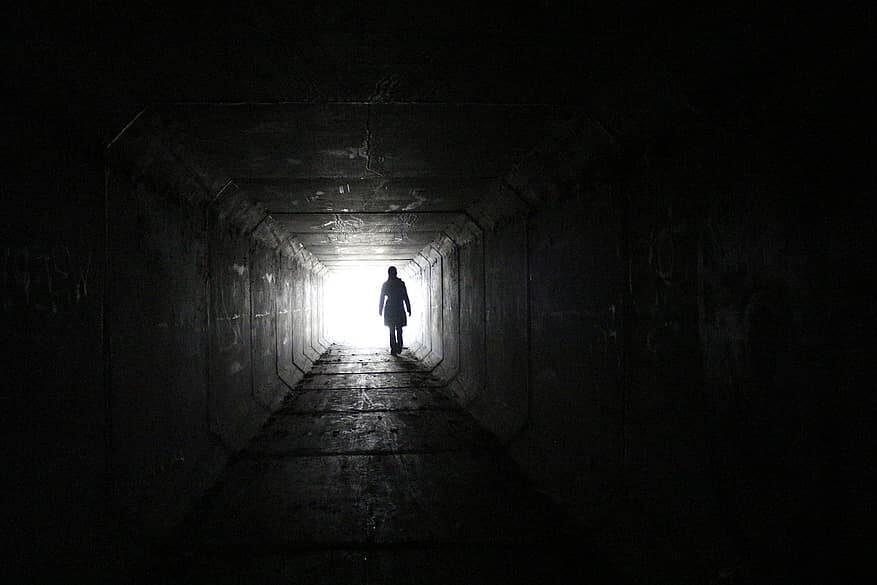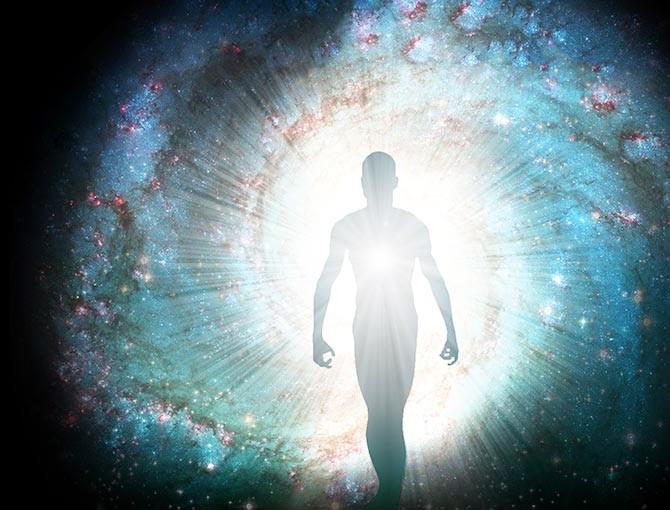Tagged: committing suicide, culture, Hindu culture, Hinduism, karmamoksha, Sanatan Dharma, sin, spiritual liberation, suicide
- This topic has 0 replies, 1 voice, and was last updated by .
-
AuthorPosts
-
March 9, 2024 at 7:43 am #1814Up::1
No matter which religion or culture, suicide, or the act of defying the very natural order of life, has varied connotations and interpretations. Since it is a sensitive and delicate subject, compassion and empathy must be considered while approaching it, instead of judging based on the stigma attached to it. In the context of religion and traditions, teachings of sin, no matter what, are grounded on certain belief codes and moral ethics and principles. Suicide is one such sin that denotes the departure of a disturbed soul without experiencing life in all its facets. Suicide in the context of Sanatan Dharma is predicated on certain philosophical principles, including Karma, Dharma (duty), non-violence, birth and rebirth cycles, and life goals. Eventually, one shuns all the ways to attain spiritual liberation, and hence the cycle of reincarnation (Samsara) in Hinduism keeps perpetuating.

There is a natural order to live, and if one defies through the action of suicide, pain and misery stay eternal. The word Dharma in Sanatan Dharma upholds the idea of self-righteous duty, and by committing suicide, the sanctity of life is robbed. According to Hinduism, suicide is a violation of one’s moral responsibilities and the duty to honour life in its fullest form. The very killing of self, or “Atman,” is non-destructive for its divine nature, and thereby there is no escape from worldly duties that are bound to an individual. This mortal sin is highly condemned in the Sanatan Dharma as it disregards the essence of life, the purity of the soul, and one’s responsibilities towards self and others. The concept of dharma is eternal, and if so, humanity will have to continue to carry out their tasks and uphold certain moral standards.
Eventually, every right action and good deed leads a living being to Moksha (spiritual liberation) and spiritual emancipation. Therefore, why commit such a heinous sin when one has to bear their past karmas? According to Sanatan dharma, one who commits suicide accumulates negative karmas that result in facing greater difficulties in subsequent incarnations. In the larger cosmos and as part of the overall divine plan, every human being has a purpose to play something specific. By committing suicide, one not only disrespects the divine gift of life but also leaves behind anguish, pain, suffering, and grief for their loved ones. Hinduism holds that all people are interconnected and that these connections continue across several lifetimes. Unfortunately, the act of suicide can have karmic repercussions for both the suicide perpetrator and those affected.

Samsara, the cycle of birth, death, and rebirth, is deeply connected with an individual’s spiritual journey. The ultimate end is to attain the highest state of spiritual liberation from all the worldly bondages and deeds. Committing suicide in the context of Samsara is the gravest form of violation of the natural order. The very thought of carrying out such an act will prolong the karmic path rather bringing an end to one’s misery. One of the greatest tragedies in Sanatan Dharma is when an individual rejects what life offers and continues to suffer by departing the wrong way. It is therefore important to find the meaning of life as a whole and seek out opportunities for redemption through prayer, meditation, and good conduct.
In the tapestry of an individual’s life, the idea of interconnectedness is deeply ingrained in the teachings of Hinduism. The trauma attached to suicide leaves loved ones with immense emotions that can have deep psychological impacts. The delicate web of life is disrupted, leaving behind a plethora of unanswered questions and associated emotions, eventually shattering bonds and communities.
One leaves the world without even realizing the growth, opportunities, and lessons life has to offer. It is indeed sad that the soul does not trust the supreme divine and departs in the path of dark karma.
Suicide is bad karma, so one must hold on to positive thinking and negate anything that assails the mind.
-
AuthorPosts
- You must be logged in to reply to this topic.